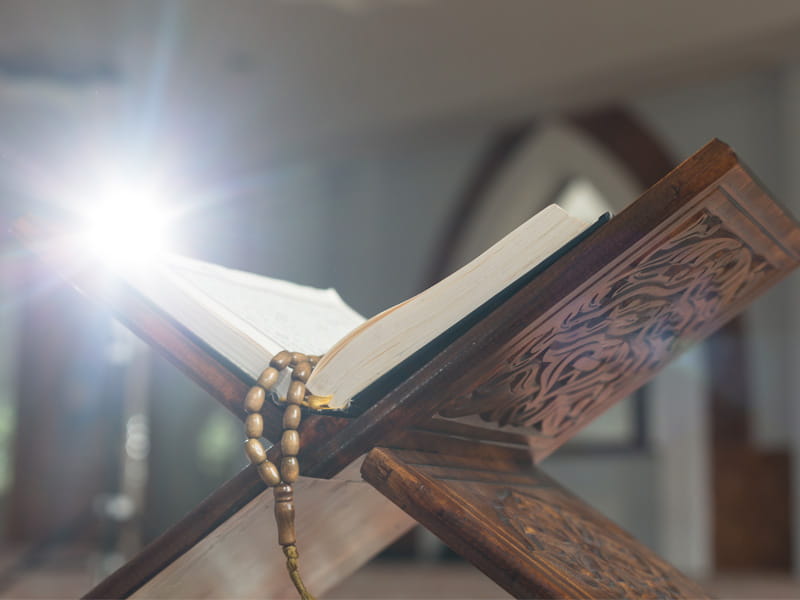This is huge. This award inspires the silent majority of Muslims worldwide who want to live quietly dignified lives, without having to be defensive about Islam as a religion of terrorism. Muslims have been confronted by oppressive forces from both inside Muslim society and outside of it. Now, we have a paragon of resistence to look up to.
And how I relish the fact that this recipient is a woman, a mother of two, a judge, and a first-rank intellectual who teaches law at the University of Tehran. She shatters all the stereotypes of Muslim women.
However, her real significance is not as a mere intellectual, but as an activist. She was a judge under the Shah's regime in Iran but rose to prominence as the first female judge under the new Islamic regime. As was the case during the early civil rights era in the United States, the nascent reform movement in Iran is fragmented. There are pro-democracy movements, women's right movements, freedom of press movements, and others. Ebadi combines all these endeavors. She sees clearly that unless justice is guaranteed to everyone, it is vouchsafed for no one.
Progressive Muslims, of whom Ebadi is surely one, have always emphasized that it is not sufficient to come up with a better and more luminous theology of Islam. We must also transform the societies around us. That is what Ebadi is doing.
Her opposition to the hardliners in Iran earned her a stay at the infamous Evin prison in Northern Tehran. Of that experience of solitary confinement she wrote: "Angrily I am trying to write on the cement wall with the bottom of my spoon that we are born to suffer because we are born in the Third World. Time and place are imposed upon us. So let's be patient as there is no other choice."
Here is a woman acknowledging her fears in face of the clerical regime. She states: "Any person who pursues human rights in Iran must live with fear from birth to death.but I have learned to overcome my fear." She wrote in the Iranian magazine Today's Message (Payam Emrooz): "I hate myself for being so weak.I try not to complain. I would just press my teeth against each other and would flex my fingers hard - my nails have turned blue because of the intensity of the pressure - but never would I groan."
Clearly not everyone is rejoicing about this news: the tyrannical regime of hardline clerics in Iran now must deal with a suddenly popular global celebrity. Imprisoning her, and her millions of fellow reformers, just got more untenable. The reform movement, which has been led by students and women, now has a second champion to look to aside from President Khatami. And the hardliners realize that the Iranian reformers have friends and allies, well-wishers and supporters, all over the world.
Meanwhile, Ebadi makes it harder for the Bush Administration to continue demonizing Iranians. Remember that phrase "Axis of Evil"? Now the Administration has to acknowledge that there is a viable struggle for the soul of Islam going on inside Iran, and the best thing that America can do is to stay out.
For those who may still think of Iran in terms the 1979 hostage crisis, here is a news flash: Iran may provide the most vital example of a pluralist, democratic, human rights-oriented interpretation Islam. Women like Ebadi are heading that effort, as is the embattled President Khatami.
It is also a vital step for the Nobel Committee. The committee could have taken the easy path and given the award to Pope John Paul II for life-time achievement. The Pope, I believe, will have his reward in heaven. It is the Muslim reformers around the world who need recognition here on Earth, now. This award is a reminder of the power of the global community to foster transformation-and a statement from those who want Muslim reformers to know they are supported.
And that is cause for celebration.

